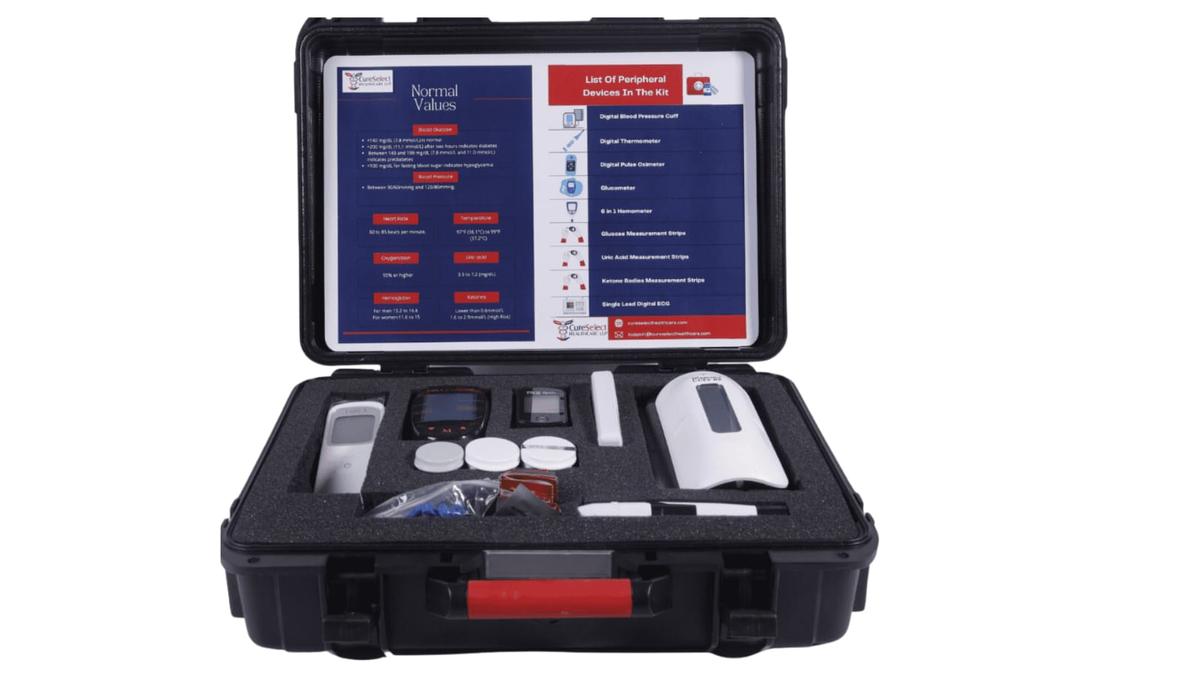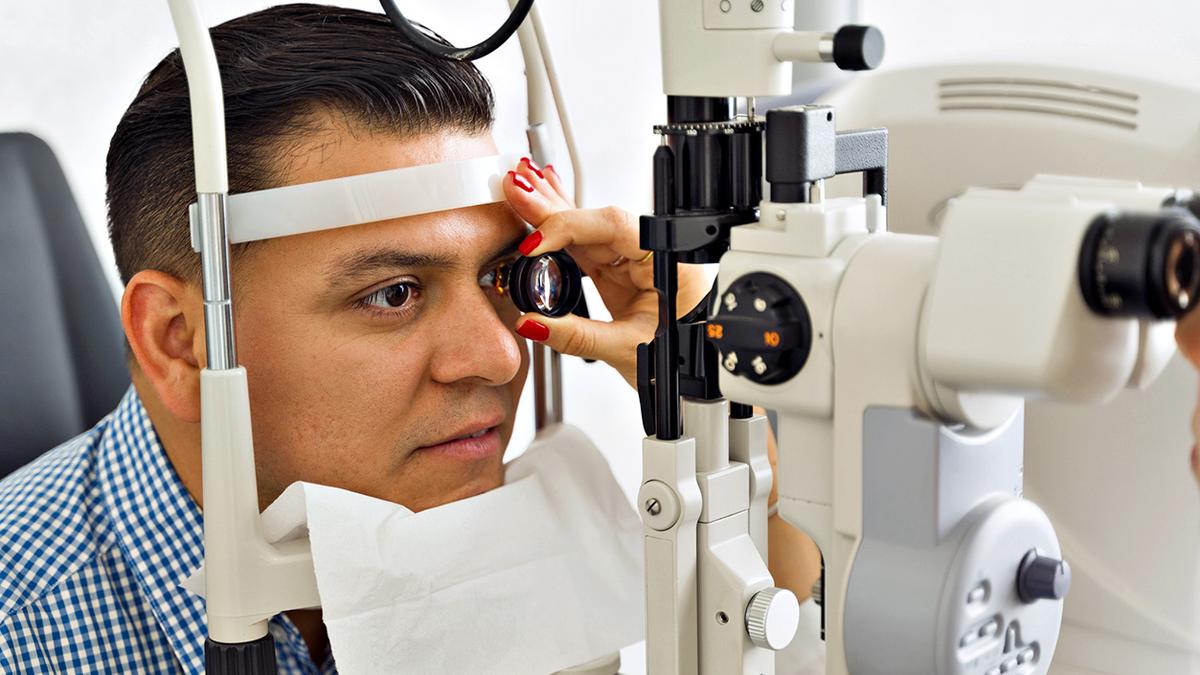Surveillance upped following outbreak of acute diarrheal disease

The State Health Department has stepped up surveillance following an outbreak of acute diarrheal disease (ADD) in Uttara Kannada district among pilgrims, who returned from Pandharpur in Maharashtra. There have been recent reports of suspected Guillain-Barré Syndrome (GBS) cases in Pandharpur.
GBS is a rare neurological condition that occurs when the immune system attacks the peripheral nervous system. It is often triggered by respiratory or gastrointestinal infections.
A batch of 110 pilgrims from Yellapur and Haliyal taluks in Uttara Kannada district, who returned from Pandharpur stayed in the same community hall from where the suspected cases have been reported. They used water from the common overhead tank, officials said.
After their return, a total of 61 pilgrims reported diarrhea, and are being treated in various hospitals. Although none of them have reported any other symptoms of GBS, officials have been directed to monitor their condition regularly for up to four weeks.
Harsh Gupta, Principal Secretary (Health), who held a video conference with experts from NIMHANS, NIV, Pune apart from health and surveillance officers from Koppal, Haveri, Raichur, Yadagiri, Dharwad, Gadag, Belagavi, Vijayapura, Bidar, Bagalkote and Kalaburgi, told The Hindu that officials have been instructed to regularly monitor the condition of the affected persons.
No need of panic
Asserting that there is no need to panic, Mr. Gupta said there is no increase in the number of cases being reported at NIMHANS. “An average of 15 cases per month have been reported in the last six months. This is the same average as what was being reported even during earlier years. This year data from district hospitals shows about six cases per month in all district hospitals put together. However, there is no data available from district hospitals for prevous years for a comparison,” he said.
He pointed out that all cases being reported in Karnataka are the regular non-fulminating kind which are not so aggressive in nature. The Pune cases are fulminating type which are very fast in progression and also have a high mortality rate, he said.
“As early detection of cases is very critical, it is important to ask hospitals to monitor and report cases of GBS. There is also a need to watch clusters of GBS cases to ensure that required action is taken at the local level concerning clean drinking water,” Mr. Gupta said.
Health authorities on alert
Ansar Ahmed, Project Director, the Integrated Disease Surveillance Programme (IDSP) said all the district health authorities have been directed to be extra vigilant and intensify surveillance. “All ADD outbreaks are being monitored and followed up. If there is any clustering of ADD cases, officials have been asked to send the reports to Project Director IDSP and State Surveillance Unit (SSU),” he said.
Stating that all recovered cases are also being followed up, Dr. Ahmed said GBS can cause weakness, numbness and in severe cases paralysis that can affect all four limbs as well as respiratory muscles.
Published – February 15, 2025 09:52 pm IST





